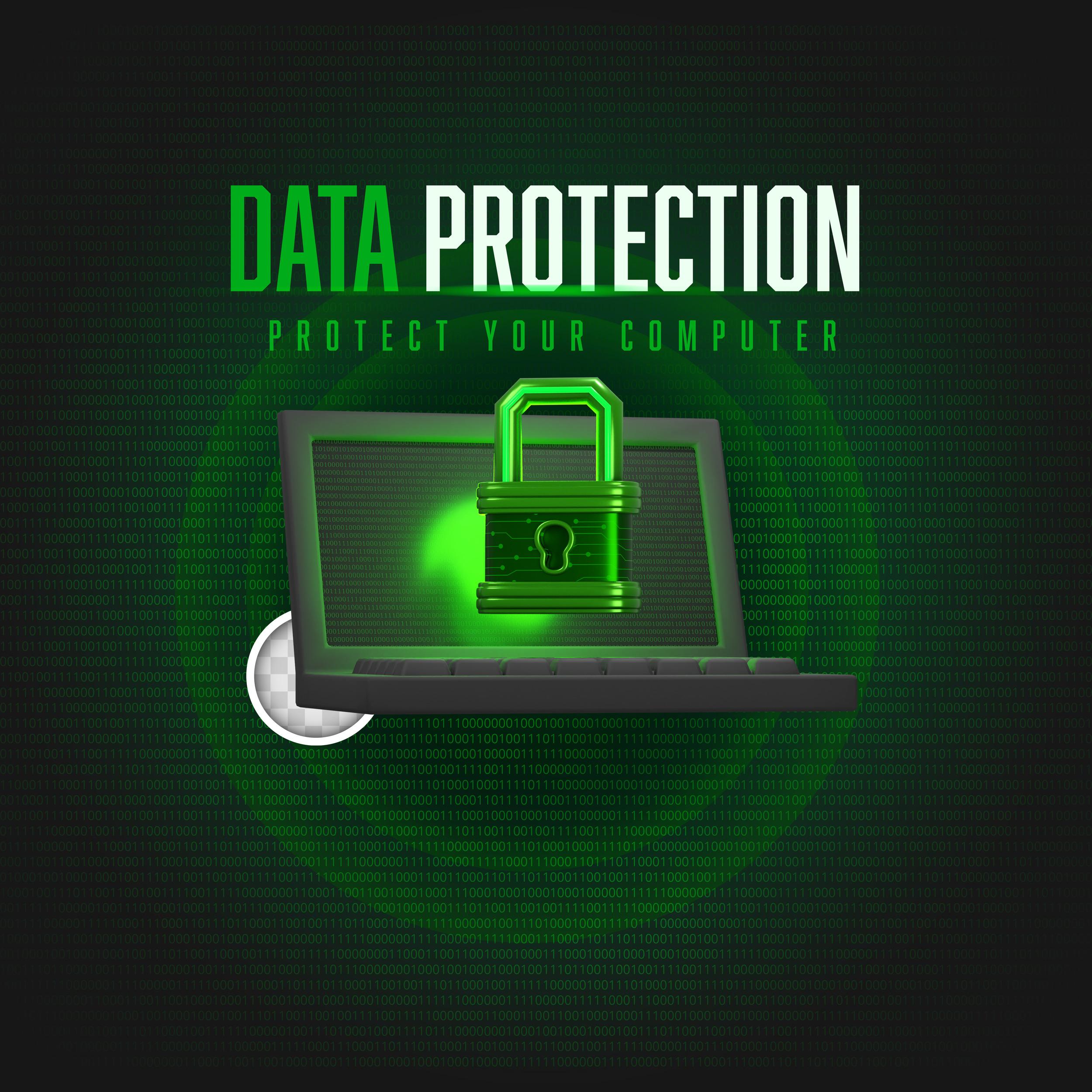In an era dominated by digital connectivity, the importance of cybersecurity has never been more pronounced. As cyber threats continue to evolve, there is an increasing demand for skilled professionals who can safeguard digital environments. For beginners looking to embark on a journey into the realm of cybersecurity, a plethora of online courses offer comprehensive introductions and practical skills. This article explores some of the best online cybersecurity courses tailored for beginners, ranging from foundational concepts to hands-on practical applications.
1. Cybrary.it – Introduction to IT and Cybersecurity:
Cybrary.it stands out as a go-to platform for cybersecurity education. Their “Introduction to IT and Cybersecurity” course lays a solid foundation for beginners with minimal prior knowledge. Covering essential concepts, this course delves into the fundamentals of information technology and cybersecurity, making it an ideal starting point.
2. Coursera – Introduction to Cyber Security Specialization (by NYU):
Coursera, a leading online learning platform, collaborates with prestigious institutions to deliver quality courses. The “Introduction to Cyber Security Specialization” by New York University is a standout option for beginners. It comprises multiple courses covering diverse aspects of cybersecurity, such as cryptography, network security, and risk management.
3. edX – Introduction to Cyber Security Specialization (by University of Washington):
edX, known for its high-quality courses from top universities, hosts the “Introduction to Cyber Security Specialization” by the University of Washington. Tailored for beginners, this specialization covers the essentials of cybersecurity, offering insights into risk management, network security, and more.
4. Udemy – Complete Cyber Security Course:
Udemy, a platform renowned for its diverse course offerings, features the “Complete Cyber Security Course.” This course is designed to provide a comprehensive understanding of cybersecurity concepts, tools, and techniques. It is particularly suitable for beginners seeking a well-rounded education in the field.
5. Cyber Aces Online:
For those on a budget, Cyber Aces Online provides free courses that cover cybersecurity fundamentals, networking, and basic penetration testing. The interactive nature of the courses makes them engaging for beginners, offering a hands-on approach to learning.
6. SANS Cyber Aces Online:
SANS Institute is a globally recognized organization in the field of cybersecurity training. Their “Cyber Aces Online” program offers free courses covering essential cybersecurity skills and knowledge. The courses encompass topics such as networking, operating systems, and foundational cybersecurity principles.
7. Stanford University – Computer and Network Security:
Stanford University, a leader in technology education, offers an introductory course on “Computer and Network Security.” Available on Stanford Online, this course caters to beginners, providing a solid understanding of core cybersecurity concepts. It is a valuable resource for those looking to learn from a prestigious institution.
8. Khan Academy – Intro to SQL: Querying and managing data:
While not explicitly a cybersecurity course, understanding databases and SQL is crucial for cybersecurity professionals. Khan Academy’s “Intro to SQL: Querying and managing data” provides a foundational understanding of this essential skill, enhancing the overall skill set of cybersecurity enthusiasts.
9. Choosing the Right Course:
When selecting a cybersecurity course, beginners should consider their specific interests within the field. Whether it’s ethical hacking, network security, or risk management, tailoring the learning path to align with personal goals is crucial. Additionally, seeking courses that offer a mix of theoretical knowledge and practical applications ensures a well-rounded education.
10. Certifications for Validation:
For beginners aiming to validate their skills, industry-recognized certifications add significant value. Certifications such as CompTIA Security+ and Certified Ethical Hacker (CEH) provide structured learning paths and are widely recognized by employers in the cybersecurity industry.
Conclusion:
Embarking on a cybersecurity learning journey as a beginner can be both exciting and challenging. The key is to choose courses that align with personal interests, offer a balance between theory and practical skills, and provide a strong foundation for future growth. The mentioned online courses cater to beginners, providing a diverse range of options to explore the multifaceted landscape of cybersecurity. As the digital realm continues to evolve, these courses serve as invaluable resources for individuals looking to build a successful career in cybersecurity.




